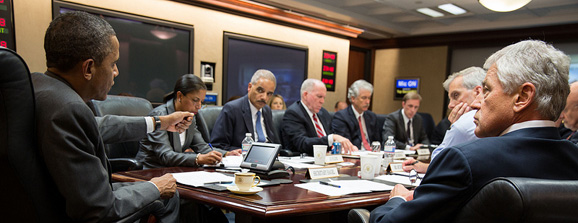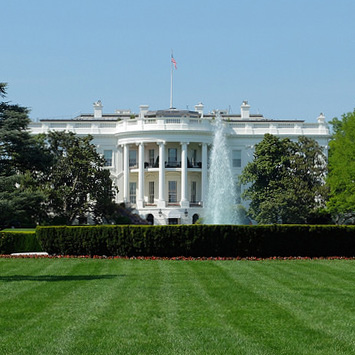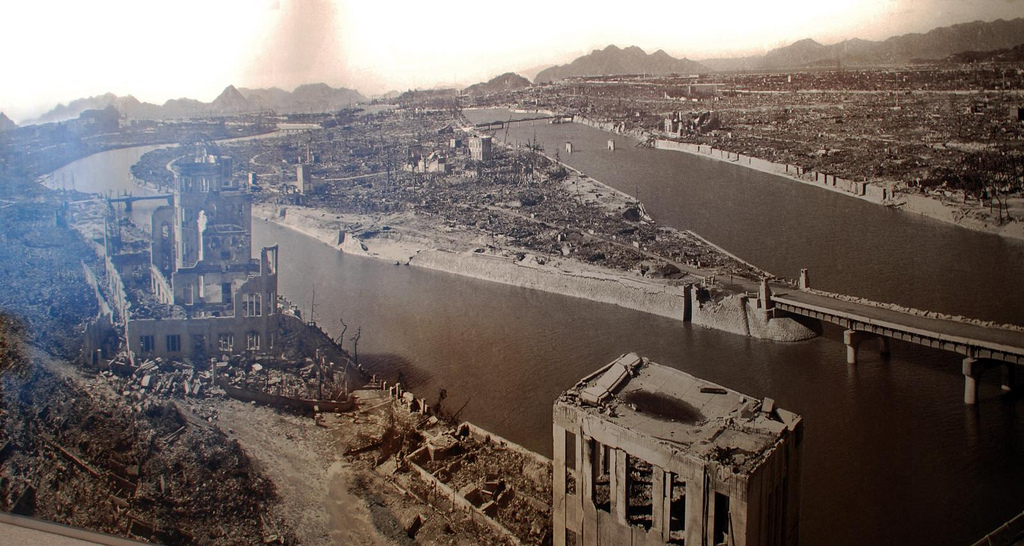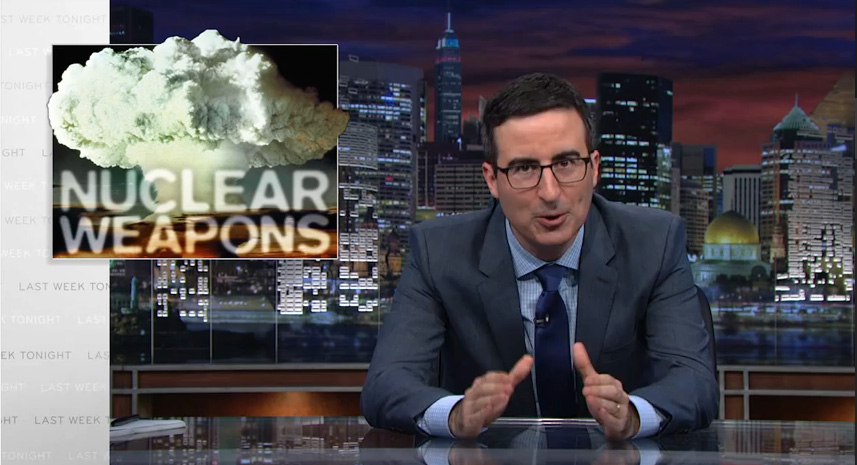Obama at the Brandenburg Gate: Entering a New Era of Nuclear Policy

Standing at Berlin’s historic Brandenburg Gate, President Obama reaffirmed his commitment to end the threat of nuclear weapons. “So long as nuclear weapons exist, we are not truly safe,” he declared to waves of applause. Obama promised bold cuts in strategic and tactical nuclear weapons and pledged again to prevent more nations from acquiring nuclear weapons, ban nuclear testing, and end production of bomb materials. But the president delayed implementing any of these steps pending further reviews and discussions. It is thus unclear if the much-anticipated speech will generate the active cooperation from members of the United Nations that is needed to reduce nuclear dangers.
During the first two years of his presidency, Obama made great strides toward fulfilling the agenda he first articulated in Prague, in April 2009. He negotiated a nuclear arms reduction treaty with Russia (New START), spearheaded several UN Security Council resolutions on nuclear weapons, increased global cooperation to constrain nuclear programs in North Korea and Iran, and united 50 world leaders in Washington in a 2010 Nuclear Security Summit to prevent nuclear terrorism by securing nuclear stockpiles. Yet by 2011, political opposition, Russian recalcitrance, and resistance from some in the U.S., stopped momentum.
Beyond Cold War Postures
The Berlin speech was in part an effort to jumpstart the stalled agenda. In his remarks, Obama announced that he will seek to reduce the “number of deployed [U.S.] nuclear weapons by up to one-third” from the 1,550 deployed strategic warheads the U.S. and Russia are permitted under New START. To achieve this, he will pursue further arms reduction treaties with Russia to “move beyond Cold War nuclear postures.” The president also promised to “work with NATO allies to seek bold reductions in U.S. and Russian tactical weapons in Europe” and reaffirmed his Prague promise to build domestic support for U.S. ratification of the Comprehensive Nuclear Test Ban Treaty.
Also in the realm of treaties, the president called on “all nations to begin negotiations on [an agreement] that ends the production of fissile materials for nuclear weapons.” Lastly, Obama addressed a familiar topic, given its prominence in the headlines—Iran’s and North Korea’s nuclear programs—again affirming the administration’s commitment to preventing the nuclear weaponization of both states.
Obama’s speech reflected a broad bipartisan consensus—that the United States has far more nuclear weapons than necessary to meet the security needs of the nation and its allies. This view has been expressed in analyses by Sen. Tom Coburn (R-OK), and Gen. James Cartwright, the former vice chairman of the Joint Chiefs of Staff and commander of U.S. strategic command, and Air War College. Also, newly elected Senator Ed Markey (D-MA) said in response to the president’s talk, “Our current nuclear warheads and delivery systems are designed for winning the Cold War and do not reflect the threats we face today. Maintaining these outdated weapons costs hundreds of billions of dollars.”
In choosing Berlin, Obama seemed to intentionally evoke the nuclear disarmament aspirations of Presidents John F. Kennedy and Ronald Reagan, who delivered historic addresses in the then-divided city. Kennedy often warned that “the weapons of war must be abolished before they abolish us.” Reagan said, “We seek the total elimination one day of nuclear weapons from the face of the earth.”
Read the full article at The Interdependent.



